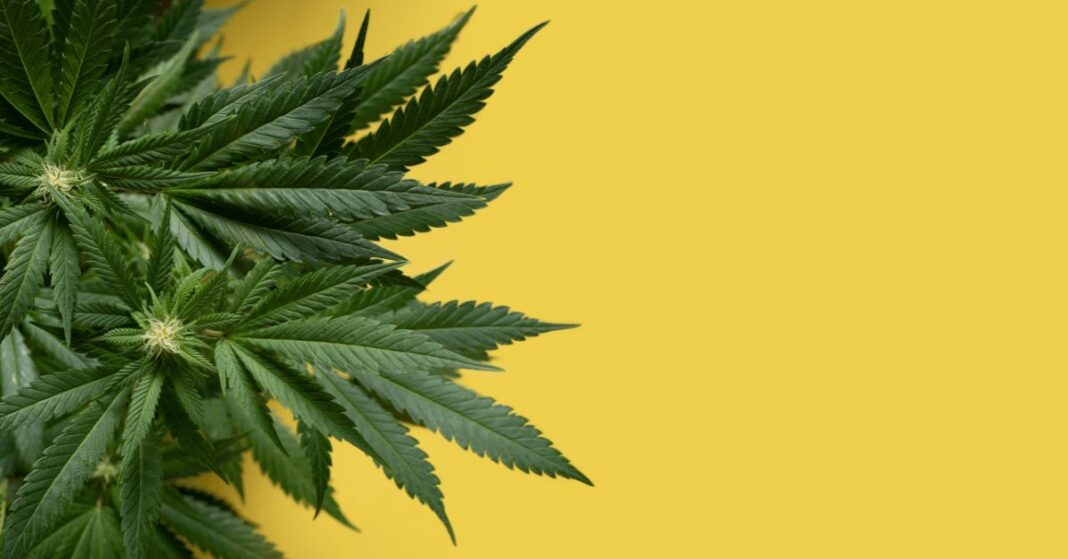Are you wondering whether marijuana is a depressant? Here is some information on this question. It is a complex subject, so let’s explore both sides of this issue. While some studies show a higher rate of depression among marijuana users, this might not be cause for concern. Regardless, marijuana is still a depressant in some cases. Here are the reasons why. But is marijuana a depressant?
is Marijuana a Stimulant or a Depressant?
Cannabis can be classified as a depressant, stimulant, or hallucinogen. Different drugs produce different effects, but most fall into one of these categories. While a depressant affects the central nervous system, a stimulant enhances alertness. Both types of drugs are extremely addictive. The effect of marijuana varies widely, especially among different strains. The answer to the question, “is marijuana a depressant or a stimulant?” depends on the user.
While marijuana is primarily a depressant, other drugs can have both stimulant and depressive effects. Stimulants boost energy levels and alertness, but can also be habit-forming and lead to a “crash” once their effects wear off. These drugs are often prescribed for attention deficit disorder and other conditions, such as insomnia. However, marijuana has the same properties as depressants and can cause the same effects in people.
The effects of marijuana vary depending on the person’s individual chemotype. When marijuana is used as a stimulant, it increases the heart rate and blood pressure and increases mental activity. People who use marijuana to relieve anxiety or to combat depression may feel energized for a few minutes after using it. However, these effects may wear off in a short period of time. Eventually, people can become dependent on the effects of marijuana, so it is important to understand the effects of marijuana before using it.
Depending on the effect of marijuana on the central nervous system, marijuana is classified as either a depressant or a stimulant. Most drugs fall into one of these categories, but marijuana defies categorization. It has different effects in different people, making it difficult to define its effect. However, the effect of marijuana may depend on the person’s individual chemistry, so it is not always easy to determine whether it is a stimulant or a depressant.
Although most people report feeling mellow, relaxed, and euphoric when “high,” it does not have the same effect in everyone. It increases the heart rate, causes a rapid breathing rate, and decreases the patient’s reaction time, making them at greater risk in emergency situations. Furthermore, marijuana users commonly consume more food than they would otherwise and gain weight more quickly than the average person.
is Marijuana a Stimulant or Depressant?
Cannabis, like alcohol, has both stimulant and depressive effects. It affects the central nervous system, which controls your emotions, coordination, and reaction time. Heavy marijuana users are prone to experience decreased immune responses, chronic bronchitis, and an increased risk of lung disease. Marijuana users experience a heightened sense of consciousness and a reduced ability to control their bodies. They may also feel disoriented and confused, as well as their heart rate and breathing rate.
Cannabis can act as a depressant or a stimulant. As a depressant, marijuana reduces blood pressure and causes slowed breathing. However, when mixed with other substances, it creates a dangerous mix. For example, marijuana users who are sensitive to depressants should avoid taking stimulants like caffeine. These substances can cause breathing problems and may increase their risk of addiction.
The most common types of drugs are known as stimulants and depressants. Stimulants increase the activity of the central nervous system and speed up heart rate and blood pressure. They are often prescribed for people with attention deficit hyperactivity disorder (ADHD) and depression. Marijuana, on the other hand, is a depressant and can cause feelings of sadness, despair, and depression. Marijuana, however, cannot be classified into depressants or stimulants, because each strain is unique and can have different effects.
Hallucinogens, such as ketamine, alter nerve cell communication and cause the brain to alter perception of reality. These hallucinogens can alter the way the brain interprets sensations, and some people will experience paranoia when using marijuana. However, these effects are extremely rare. Marijuana users should not worry. Marijuana is considered a legal drug in all 50 states.
While depressants are often abused, marijuana is a relatively safe drug. Marijuana can be beneficial for many conditions, including depression, anxiety, and insomnia. However, marijuana can change your mood and behavior and affect your ability to think and speak clearly. Some users experience slurred speech, confusion, and even a severe case of depression. It is important to note that marijuana does not affect GABA levels in the brain.
Marijuana a Depressant
There is no conclusive evidence to support claims that marijuana is a depressant. Its effects range from drowsiness to lowered breathing and blood pressure. Marijuana also affects the body’s ability to focus, learn, and react appropriately. While its effects are often not life-threatening, marijuana may increase the severity of ongoing depression. Its Schedule I status prevents clinical studies on its potential effects on depression.
The chemical makeup of marijuana is complex and is not entirely understood. Over 400 different compounds are found in marijuana, and the precise effects of these substances are not fully understood. However, some studies suggest that marijuana is a depressant, and this may explain why the incidence of depression is higher among pot smokers than in non-smokers. This is because marijuana alters the body’s natural state, which makes it difficult to function normally.
The effects of marijuana depend on the individual. Some strains have sedative effects while others are stimulants. For example, Durban Poison is known as the espresso of cannabis. Both stimulants and depressants can cause hallucinations. Some marijuana strains have been described as “happy drugs,” while others have depressed effects. Cannabis users often wonder if marijuana is a depressant.
Researchers have found that high doses of marijuana can negatively impact the mental health of people with depression. This is due to its depressant properties, which are even more prominent in people with pre-existing depression. For this reason, it is not recommended for people with depression. There is, however, a small group of studies that suggest the positive effects of marijuana for short-term use. Some of these studies are research-only and may not prove much.
While the classification of drugs as central nervous system depressants is important, it is important to note that depressive symptoms may not be caused by the drug’s effect on the brain. While marijuana may have a depressant effect, it doesn’t alter the levels of gamma-aminobutyric acid in the brain. Instead, marijuana works with the brain to increase dopamine, which is a powerful sedative.
Is Marijuana Considered a Depressant?
When you are in a bad mood, you may think of marijuana, but that is not the only effect it can have. Marijuana can elevate your mood, enhance your senses, and make you more creative. It can also be motivating. However, the long-term use of marijuana may negatively impact your mind, making it difficult to concentrate or remember things. It may also lead to a “crash”-like effect, like that of other stimulants.
Drugs that are classified as depressants affect the central nervous system, which controls the functions of the brain. In the case of marijuana, the central nervous system is affected, which is composed of the brain, spinal cord, and nerves. Its effects on the central nervous system are unpredictable and depend on the amount of THC used. It is best to use marijuana at lower doses. However, the effects will depend on the person’s body chemistry and the strain used.
If you are depressed and think about using marijuana, remember that it can cause serious physical effects. You may experience mild withdrawal symptoms, while you may experience psychological ones like agitation, anxiety, or insomnia. Marijuana may increase your feelings of calmness, but if you consume too much, you may feel a sense of panic. While this is usually the result of too much THC, it should not be taken as a cure for depression.
Marijuana affects the central nervous system, slowing the brain’s activity and making you feel sleepy. The effects of marijuana may be so strong that it leads to tolerance and dependence. The negative side effects of marijuana depend on the individual’s chemotype. The stimulant effect of marijuana may cause users to become physically dependent on its mood-lifting effects. So, the question, “Is marijuana considered a depressant?” is an important one to ask.
It’s not clear what causes depression. Many people who use marijuana have depressive symptoms, but the drugs that cause depression do not usually do. Marijuana, however, increases dopamine levels in the brain, which in turn decreases GABA levels. When combined with depression, this decrease in dopamine levels causes a depressive state. It may not directly cause depression, but it can certainly help people suffering from the symptoms of depression.


